As Staples students, we are often asked to think.
The format of this prompt, which could take the shape of a literary essay, a “practical application” type statistics question, or a dilemma in any one of the multitude of extracurricular activities that this institution offers, is as varied as it is important. And I think that the continued, strong presence of thinking in this district’s collective priorities is part of what makes Staples High School a great place to be for someone who aspires to learn.
If they were asked to comment on the subject, I also believe that Mr. Dodig, Connecticut Magazine, and the families that descend upon the district like Top Gun fighter pilots to utilize its public school system would be inclined to agree.
I’m grateful for Westport’s emphasis on this aspect of learning. In my personal experience, thinking scenarios through is often what leads me to rational conclusions, allows me to prevent impulsive decisions, and offers me guidance in the rare event that I have a decent idea.
However, I do not think that thinking is the complete foundation of an education, for another significant factor can be found in the archives of our history. What did our ancestors partake in that consumed the majority of their time, and that our society in contemporary Westport has reduced to negligibility?
The answer, of course, is manual labor.
Like the applications of thinking, this labor can take many forms: raking leaves, balancing the chemicals in the pool, or simply doing the dishes; my personal favorite is shoveling snow. But unlike working in a classroom, shoveling snow does not require a thorough understanding of calculus or complete knowledge of foreign vocabulary. Able-bodied people everywhere can do it, and, in contrast to that test last week, the results are not curved.
Also, I believe that the impact of shoveling my driveway is as important as any test that I’ve taken to date.
When I spear the edge of my instrument to the asphalt to break up the ice, combine it with surface snow in the open face of the shovel, and throw the contents over my shoulder, I know that I have accomplished something concrete. It’s not necessarily the same feeling as doing well on a paper, which could have been assigned an arbitrarily high letter based on the teacher’s mood. It’s better than that: because of your efforts, a route of trade has been opened once more. As a consequence, you can also go get an unsweetened black coffee to celebrate… or at least, that’s what I would do.
During the actual experience of shoveling snow, my mind undergoes a kind of self-repair. Every minor problem encountered during the day seems insignificant, physical injuries don’t hurt, and I enter a state of tranquility. In effect, I get out of shoveling snow what a lot of people get out of organized religion: spiritual health, emotional leveling, and a desire to continue working with a sense of purpose.
That, more than anything, is why I hold manual labor as an equal to classroom work. If I lose a sense of purpose in what I’m doing academically, it is inherently going to result in a poor product. Applied to what Westport wants out of its students, that is not what we’re about.
The problem is, American society doesn’t really place an emphasis on getting out frequently. Turn on the TV—any given station will routinely air commercials advertising diet pills, but not exercise equipment. Maybe “Get off your ass, shovel some snow,” isn’t a catchy enough sales pitch. In any case, the dynamic of disposable income in a town like Westport adds to the dilemma. Hiring people for services such as snow clearing and lawn work can be very expensive. But people here may have the much more convenient option of calling the guy who operates the snowplow, or the employer who enlists underpaid workers to take the leaf blower to many a suburban lawn. But is that the best course of action?
I would tend to think that convenience isn’t necessarily the best route. According to Staples meteorological expert Jacob Meisel, we’re in for a rough winter. Thus, I am going to end this column to go sharpen my shovel.














































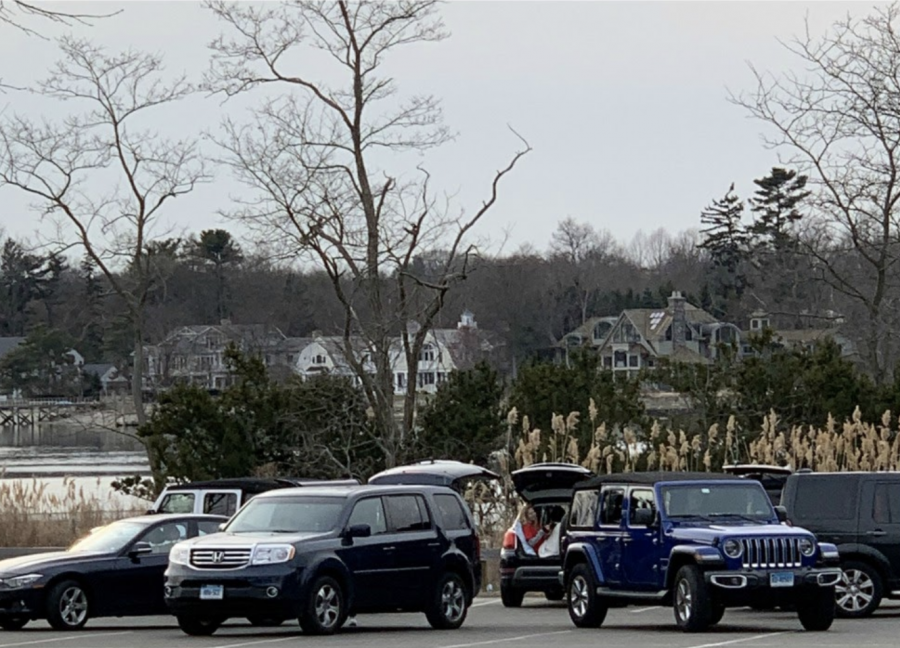
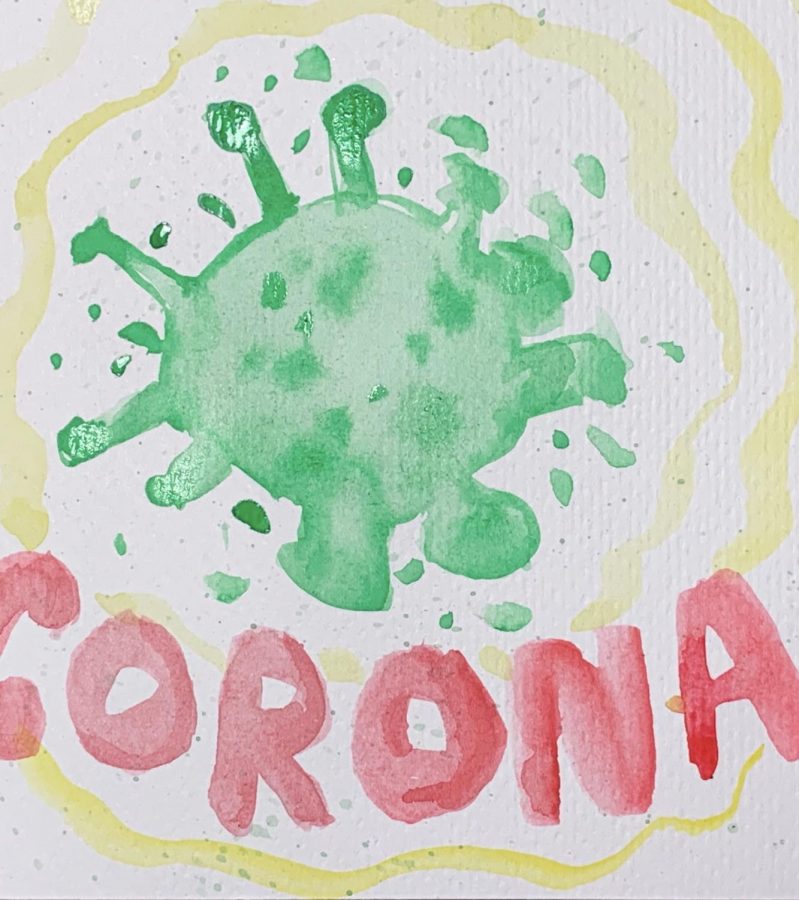
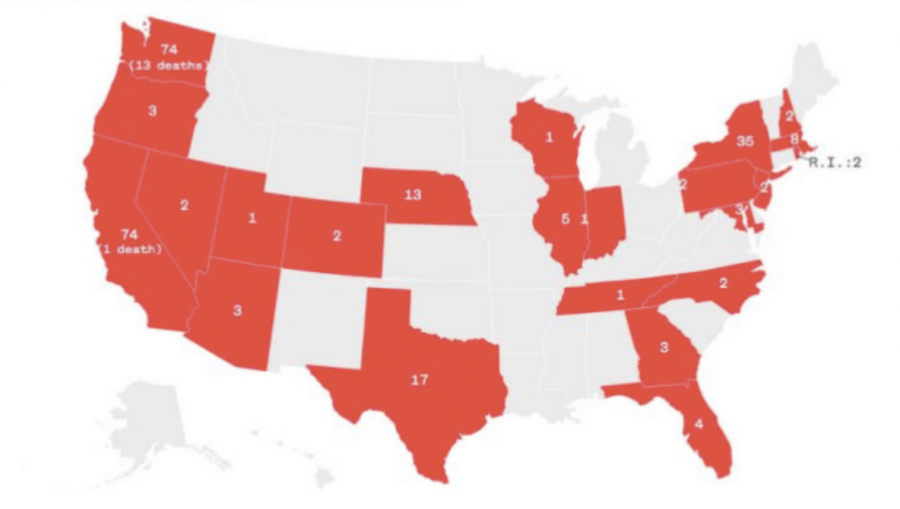
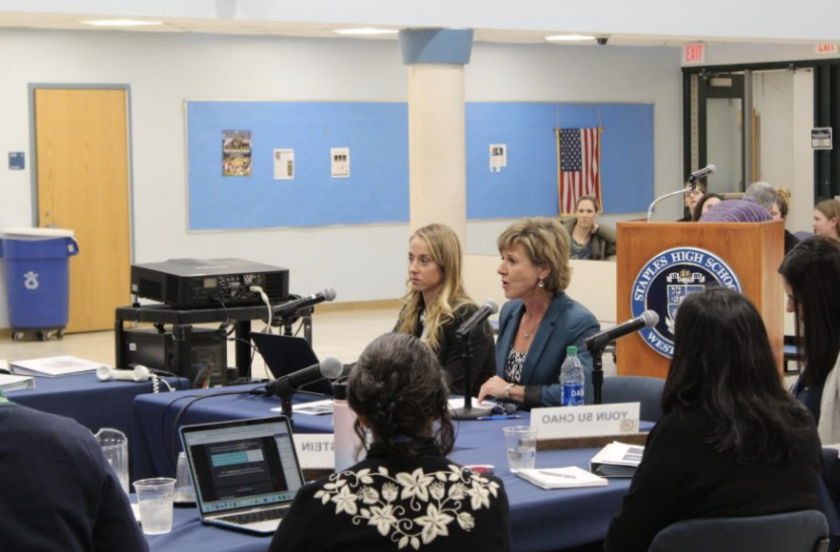
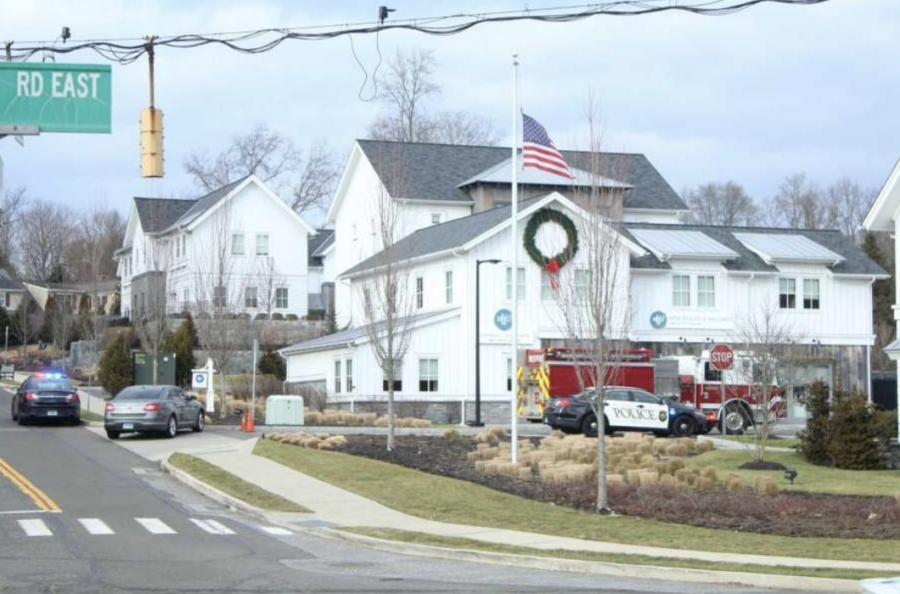
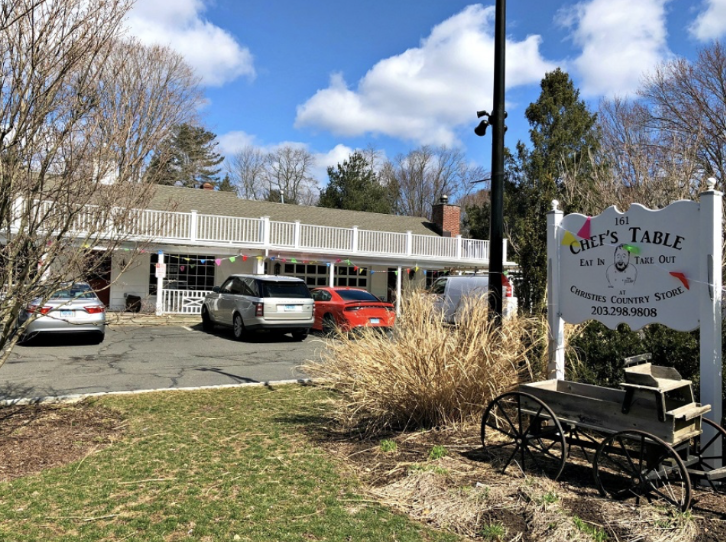
Based God • Dec 23, 2011 at 3:48 am
Doing is the fastest way to learn things.
Which means making mistakes is the fastest way to learn things.
Our brain can only hold 7 things in it’s consciousness at one time so thinking things through is incredibly inefficient.
I don’t know why we place such an strong push in our school for the right answer when that is only a product of a lot of wrong answers.
In the context of education, being right only means you aren’t working hard enough.
It’s about learning… remember?
Chris Paul • Dec 16, 2011 at 12:47 am
Wow! Not sure if I agree or disagree with you, but either way FANTASTIC stuff!